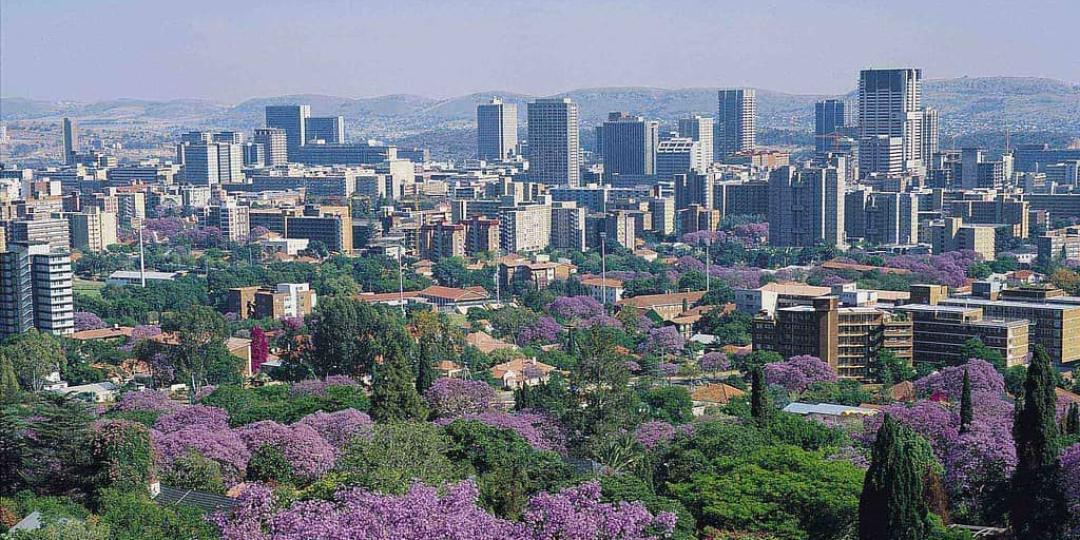Following the UN Tourism and the World Tourism Cities Federation’s (WTCF) report highlighting the need to measure the social and environmental impact of tourism on city destinations, Tourism Update spoke to South African urban tourism stakeholders to establish what the destinations’ social and environmental impacts are, the size and value of their urban tourism sector, and how they collect tourism data.
The UN Tourism and WTCF report assesses the current situation and challenges of the collection of tourism data at a city level. The analysis will reportedly help to create a global database of urban tourism, enabling better understanding and benchmarking of the sector’s size and value, both globally and regionally.
Having already covered Durban and Nelson Mandela Bay, the focus now shifts to Tshwane and Johannesburg.
Social and environmental impact
As a section 21 non-profit association co-ordinated by the private sector to promote tourism, disseminate information, and connect businesses, government, and residents, the Tshwane Tourism Association (TTA) is responsible for setting an example and benchmark for other urban destinations in the country, according to a TTA spokesperson.
The TTA agreed there was a need to align tourism development with sustainable development goals.
“Environmentally responsible practices are extremely important, especially with the current crisis in terms of load shedding and water scarcity. Research and measurement help with policy formulation. Better regulations and guidelines help with promoting responsible tourism practices and assist with competitiveness in the industry, as establishments can differentiate the product/service.”
The TTA has collaborated with local universities such as the Tshwane University of Technology, University of Pretoria, and the University of South Africa, who have participated in several studies and have master's students who have researched environmentally responsible practices.
“Urban destinations are of great importance for sustainable tourism development, especially when considering issues such as overtourism and damage to urban attractions such as heritage sites,” the TTA said.
The association has a strong relationship with its members concerning key cultural and heritage attractions, for example, the Voortrekker Monument, Sammy Marks, Ditsong, etc.
“The city has a specific chapter focused on attractions and this serves as a place where these attractions can be maintained. These attractions form a key resource for the city’s social sustainability through heritage preservation. There are studies from this perspective to encourage a shift toward post-colonialist representation of the city as well.”
The TTA also focuses on inclusivity and diversification of the tourism industry – a key government mandate. It supports emerging SMEs as well as lesser-known tourist attractions and spaces within the city which benefit from tourism development to sustain livelihoods in the communities.
Joburg Tourism contributes to socio-cultural dimensions by promoting cultural experiences, heritage sites, arts, and events that showcase the diverse culture of Johannesburg. Environmental contributions include supporting eco-tourism initiatives, promoting responsible travel practices, and advocating for conservation efforts.
Size and value of urban tourism sector
The TTA noted that the city had a vibrant and diverse economy, which enabled it to contribute at least 26.8% of the Gauteng Province’s GDP and 9.4% of the GDP of the national economy.
In 2023, there were 954 233 Gauteng international tourist arrivals by its top ten source markets in Quarter 3, of which Tshwane has a share.
The association did, however, admit that there is a need for a detailed study on the size and value of tourism in Tshwane.
The City of Johannesburg Metropolitan Municipality Statistical Overview for 2012-2022, published on January 15, reports the following latest statistics on the city’s size and value in terms of tourism:
- Total number of trips in 2022 was just over 2.8 million.
- Total number of bed nights in 2022 was just over 8.6 million.
- Total tourism spend in 2022 was R333.1 billion (€16.5bn).
- Tourism spend as a share of national GDP in 2022 totalled 5.0%.
The total number of trips by domestic and international visitors from 2012 to 2022:

The total number of bed nights by domestic and international visitors from 2012 to 2022:

Tourism spend (in billions of rands) from 2012 to 2022:

Total spending as % share of GDP

Collecting tourism data
The TTA team attends conferences and meetings by the public and private sectors as well as educational institutions to keep up to date with important issues and to gather all the necessary information it needs.
The organisation focuses on the following:
- Attending meetings such as the National Tourism Stakeholder Forum by the National Department of Tourism and the annual TBCSA conference and reporting back to members and stakeholders via TTA meetings and platforms.
- Interaction with the City of Tshwane.
- TTA has assisted in national government and private-sector initiatives as well as those of research/educational institutions on matters of national and local significance.
- TTA has a database of over 6 000 tourism businesses and stakeholders to communicate and capture information.
As seen in the tables above, Joburg Tourism uses S&P Global Market Intelligence’s South Africa Regional eXplorer v2443 to collect and measure its tourism data.























